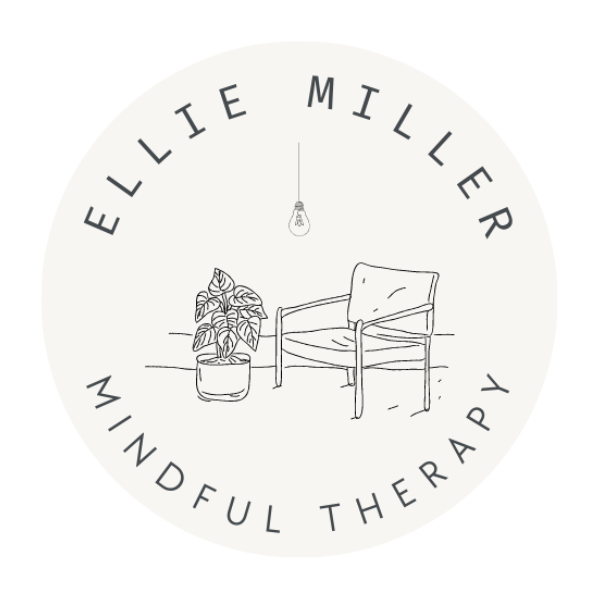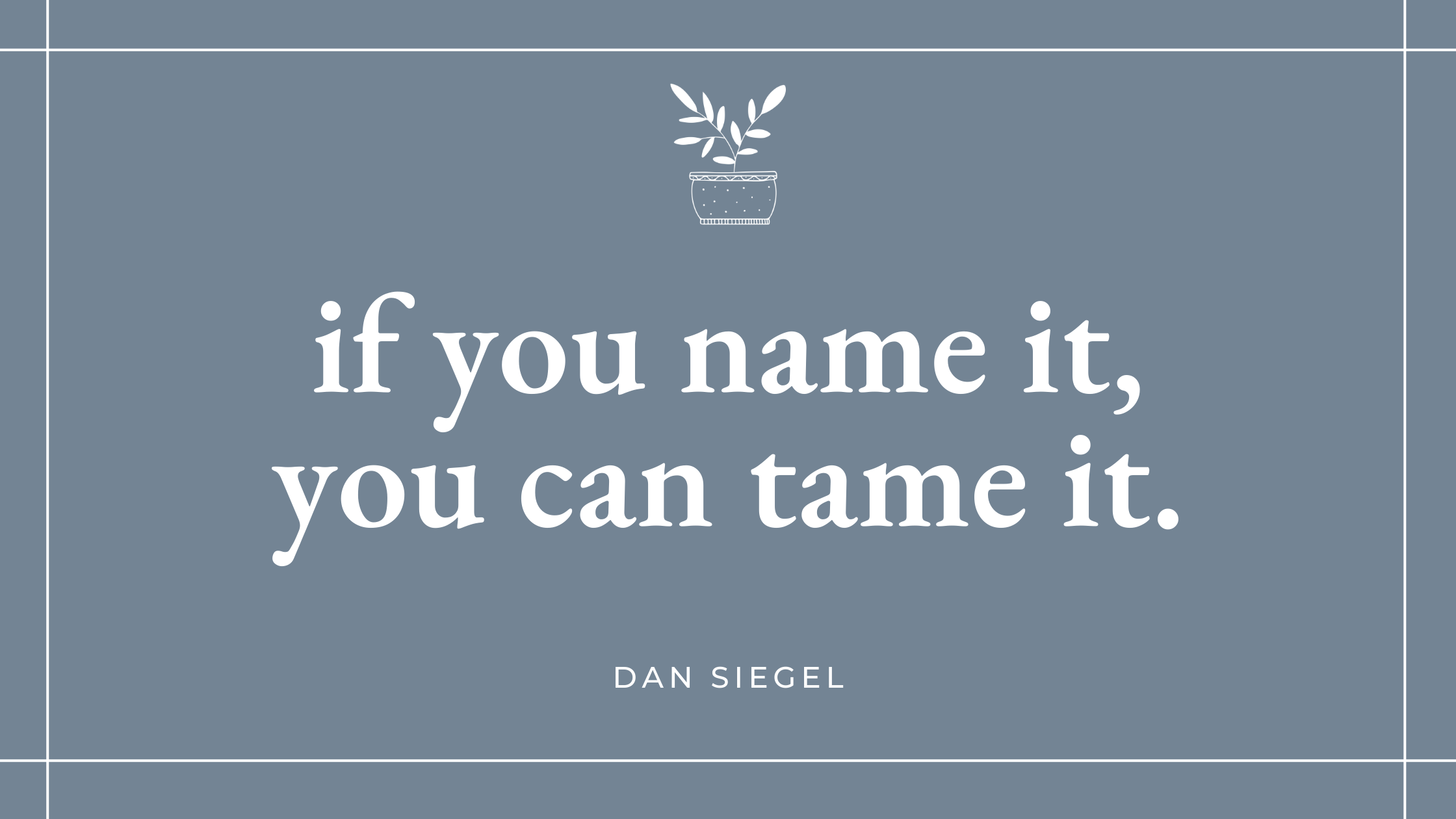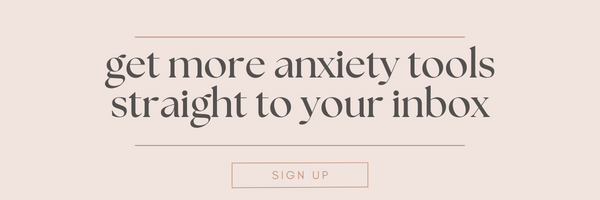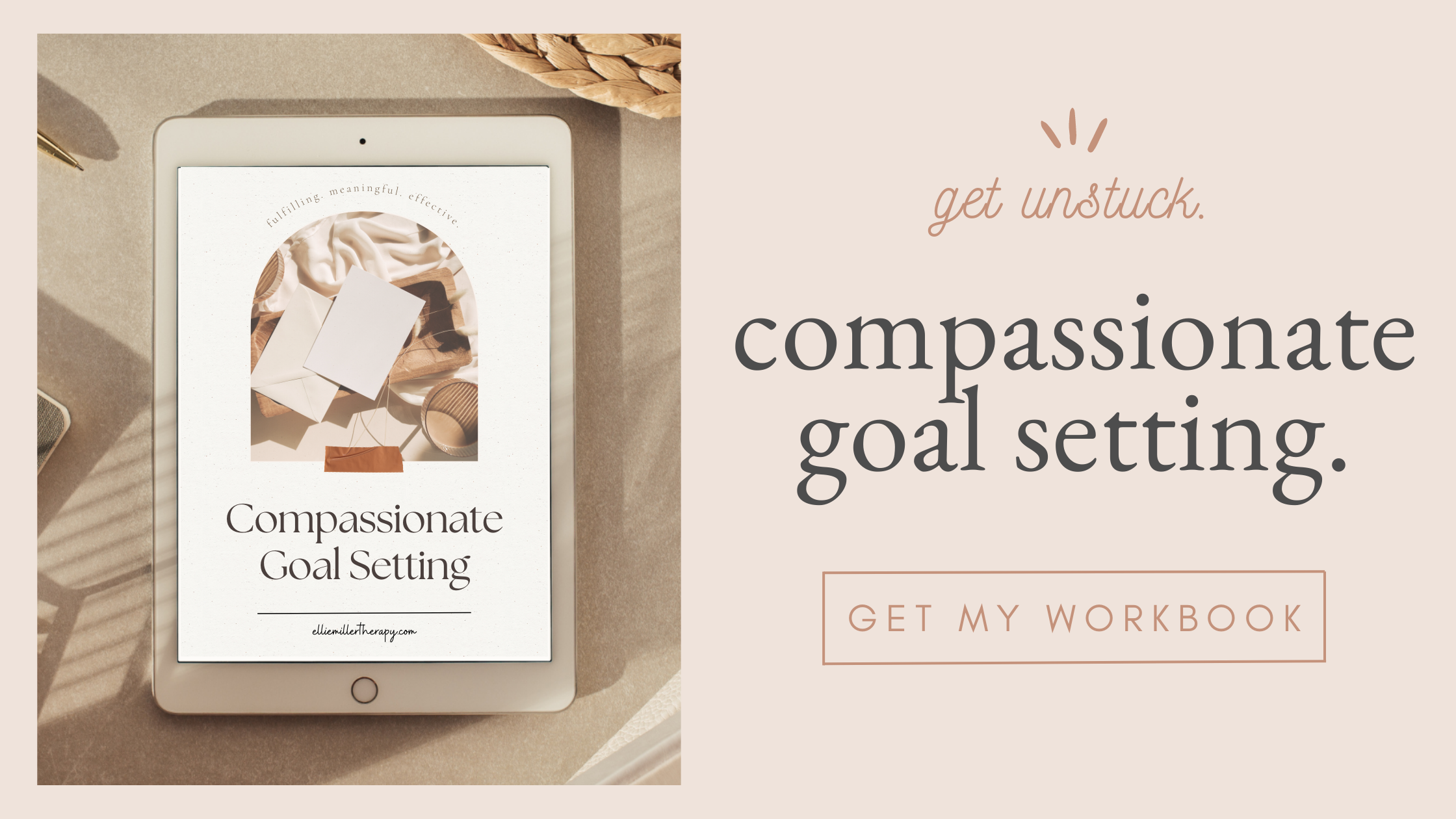4 Sneaky Anxiety Traps To Avoid.
And what You Should Try Instead.
Awareness Is The First Step.
Anxiety is like a pesky knot that you furiously try to untangle, only to find yourself tying it even tighter.
All too often, the strategies we use to try to get rid of anxiety end up backfiring.
I’m gonna give you the top 4 anxiety traps I see folks (self included🙋♀️) falling into, along with examples and alternatives for each!
How Being Aware of These Traps Can Help you.
Don’t underestimate the importance of the awareness step in easing anxiety.
If you’re clear on your anxiety sticking points, you'll be better equipped to avoid the traps and get out of them more quickly when you inevitably fall into them.
A Note on Sneakiness 👀
Most of the things I mention are only a problem if they’re a problem. That’s why I’m calling them sneaky traps.
There’s a time and a place for each of these habits. Sometimes they can be helpful!
They’re not inherently going to worsen anxiety, but if we lean on them too much their unhelpful effects can sneak up on us.
Again, awareness is your superpower here.
AND it’s a win win because it’s an opportunity for you to build self trust.
Only you can know when one of these “traps” is helping or harming you!
How to Check if It’s An Anxiety Trap or Not:
Ask yourself these questions:
1.) Is this behavior getting in the way of me living a rich, full and meaningful life?
2.) Is it taking me towards or away from the life I wanna live or the kind of person I want to be?
We got our eyes on you, sneaky anxiety traps 🕵️♀️
1.) Reassurance Seeking.
What it Is.
Of course, it’s gonna be normal to need reassurance from others at times, we’re human!
But if you find yourself regularly over-relying on other’s reassurances, and find it hard to self soothe and settle your own mind, it might be something worth noting.
Do you still feel pretty unsettled after getting reassurance?
Does it feels hard to not have someone else signing off on something before you do it?
Can you deal on your own when that reassurance isn’t readily available?
Reassurance is one of those things that can help us feel better in the short run, but in the long run, if overused, it can rob us of resiliency and self trust.
Examples.
Are you sure you’re not mad at me?
Do you REALLY think things will be ok?
Why do you think so and so said that?
Do you think I hurt her feelings?
Should I do x,y,z?
Side note- Excessive reassurance seeking can be a symptom of OCD. Check out this article if you wanna learn more:
https://www.treatmyocd.com/blog/reassurance-seeking-ocd-anxiety-how-to-stop-cycle
The Alternative.
Strengthen self soothing skills.
2.) Distraction.
What it Is.
When we try to avoid or get rid of our anxious thoughts or feelings by distracting ourselves. Distraction in small doses is harmless and can even be helpful.
Examples.
Excessive media consumption (constantly scrolling, texting, screen timin’ it up.)
Mindlessly over- eating.
Using drugs/alcohol/substances.
Over-scheduling, avoiding down time.
Fixing other people’s problems to avoid looking at your own.
Aaand the list goes on. We like to get creative with our distraction efforts 😎
Here’s an example of how one distraction technique can look when it’s helpful/harmless vs when it might be causing you more pain.
Phone scrolling:
Harmless:
After a stressful day at work I needed some time to unwind, so I scrolled on my phone for a bit, which helped me transition into the evening. Then I made dinner and carried on with my evening.
Or
Anxiety Trap:
After a stressful day at work I scrolled through my phone and didn’t stop til it was way past my bedtime.
By the time I put my phone down, my mind was buzzing and it was hard to fall asleep.
See how context, moderation and checking in with yourself matter?
Alternative.
Mindful Awareness.
3.) Self Criticism
What it Is.
One common objection I get from clients when I bring up self compassion is a fear that if they ease up on themselves, they won’t get better.
Sometimes we use self criticism or judgment as a way to “motivate” ourselves to feel better or be better.
But is all that judgment and harshness really helping?
Some research has shown the opposite to be true- self compassion helps motivate us to grow.
Think about it this way. Is it easier to build up the courage to look at the uncomfortable truths within ourselves with a bully on our side or a buddy?
Self compassion helps you gently and bravely look inward, so you can handle things head on.
Self-criticism has been shown to increase procrastination and rumination and impede goal progress.
(Breines, UCBerkeley)
Examples.
Shoulds: “I shouldn’t feel this way” “I should feel happy.”
Judgment: “There’s no reason I should be feeling this way.”
Invalidation: “Just get over it, it’s not that big of a deal.”
Comparison: “Other people wouldn’t be stressed by this.”
Alternative.
Alternative: Curiosity or Self Compassion
If there is something you’d like to change or work on, that’s cool! There are definitely ways you can bring self compassion into the process to help you feel more supported and successful!
Check out this article on setting compassionate goals or download the free goal setting workbook below!
4.) Challenging or Stopping Thoughts
What It Is.
This is one I can really get on a soapbox about.
When I’m perusing Pinterest or Google, staying up to date on anxiety treatment, I see this thrown out there a lot and I want to shout “nooooo don’t do that!!!”
The advice I’m referring to, that you should 100 percent avoid: just stop thinking about the thought, or stop the thought.
For starters, this isn’t really doable. It’s like the whole “stop thinking about the pink elephant in the room”.
Experiment: Try Deleting A Thought.
Pick a thought and try to delete it.
Could you delete the thought? Did it totally disappear? Can you bring it to mind again now?
Unless you’re a low key thought controlling wizard, I’m guessing the delete thing didn’t work.
On top of it not even working, the attempts to try to stop the thoughts can strengthen the struggle, and as a result end up worsening the anxiety.
The same thing goes with challenging thoughts. Again, everything in moderation and always check in to see what rings true for you and what doesn’t.
But when we get caught up in challenging our thoughts, it just gives them more airtime and gets us even more stuck in the anxious feelings.
Examples.
“Why am I so anxious right now, there’s no reason!”
“Just stop thinking about it, it’s not even a big deal.”
Alternative.
Mindfully notice your thoughts, let them come and go.
How You Can Apply Your Sneaky Trap Knowledge.
Check it out for yourself.
Reflect on the 4 traps.
1.) Reassurance Seeking
2.) Distraction
3.) Self Criticism
4.) Stopping or Challenging Thoughts
Now put on your curious scientist lab coat, get out your emotional microscope, and study your inner world!
Ask Yourself This.
Do you regularly fall into one of these traps?
When you engage in them, do they take you towards valued living or away?
Are they helpful, neutral or making things worse?
Hi! I’m Ellie, a private practice therapist offering online therapy to empathetic women & couples in Maryland, DC and Virginia. I help women manage anxiety & stress and couples strengthen their relationships.
Check out my website to grab your anxiety relief freebie. If you live in Maryland, DC or Virginia, reach out to see if we’re a good fit for therapy.
Sources
Juliana Breines, & Breines, J. B. J. (n.d.). Four ways to constructively criticize yourself. Greater Good. Retrieved February 10, 2023, https://greatergood.berkeley.edu/article/item/four_ways_to_constructively_criticize_yourself#:~:text=Although%20many%20people%20believe%20that,rumination%20and%20impede%20goal%20progress










